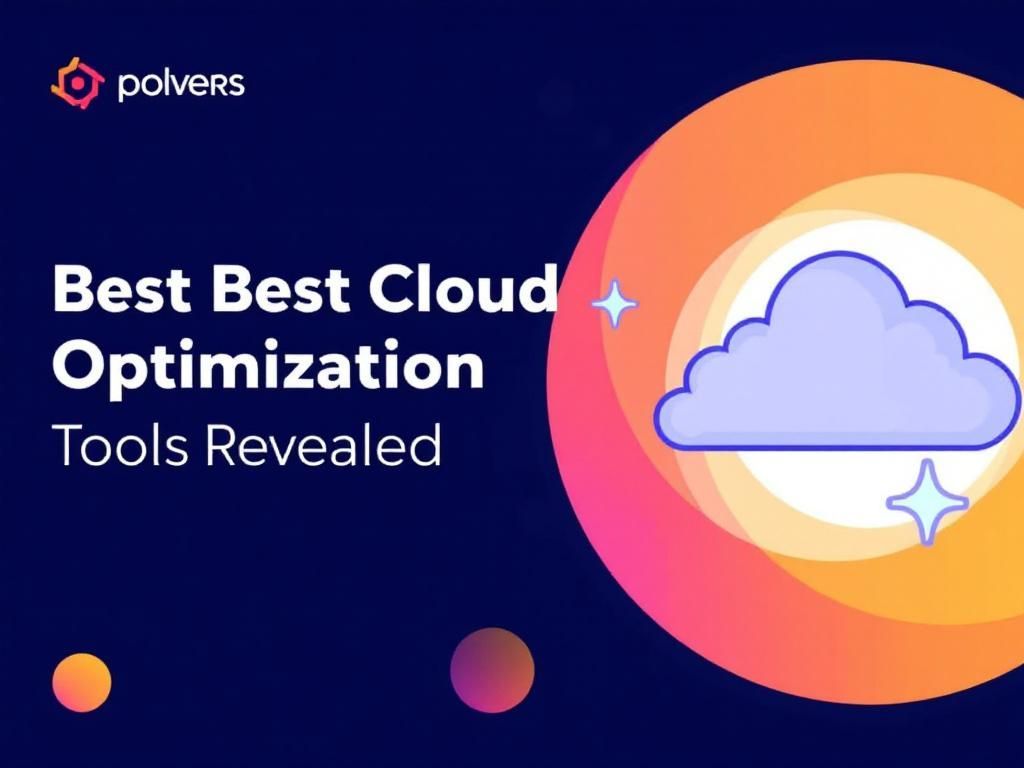Unlocking Efficiency with Private Cloud Services
Discover how private cloud services can enhance your organization's efficiency, flexibility, and security in today's digital landscape.

In today’s fast-paced digital landscape, organizations are constantly seeking ways to enhance their operational efficiency while ensuring data security and compliance. One solution that has gained prominence is the adoption of private cloud services. Unlike public clouds, which are shared among multiple users, private clouds offer a tailored environment that caters specifically to the unique needs of a single organization. This article delves into the features, benefits, and implementation strategies of private cloud services, showcasing how they can be a game-changer for businesses aiming to unlock efficiency.
Table of Contents
Understanding Private Cloud Services
Private cloud services provide a dedicated cloud computing environment that is exclusively used by a single organization. These services can be managed internally or outsourced to a third-party provider. The primary goal of a private cloud is to enhance data security, offer greater control over resources, and streamline IT operations. Here are some key characteristics that define private cloud services:
- Exclusivity: Resources are not shared with other organizations.
- Customization: Solutions can be tailored to meet specific business requirements.
- Enhanced Security: Greater control over data and compliance with regulations.
- Scalability: Organizations can scale resources according to their specific needs.
Advantages of Private Cloud Services
Implementing private cloud services comes with numerous advantages that can lead to improved operational efficiency:
1. Improved Security and Compliance
Data breaches and compliance violations can be detrimental to an organization’s reputation and finances. Private clouds offer:
- Robust security protocols and encryption.
- Dedicated firewalls and intrusion detection systems.
- Compliance with industry regulations like HIPAA, GDPR, etc.
2. Tailored Resources
Private clouds allow organizations to customize their resources, ensuring that their IT infrastructure aligns with specific business needs. This means:
- Optimized performance for critical applications.
- Efficient resource allocation based on workload requirements.
- Flexible configurations that facilitate changes as the business evolves.
3. Cost Efficiency
While the initial investment for a private cloud may be higher than public cloud services, the long-term cost efficiency can be substantial. Benefits include:
| Cost Factor | Private Cloud | Public Cloud |
|---|---|---|
| Initial Investment | Higher | Lower |
| Operational Costs | Variable based on usage | Pay-as-you-go |
| Long-term Savings | Potentially higher | May increase with scale |
Implementation Strategies for Private Cloud Services
Transitioning to a private cloud environment requires careful planning and execution. Here are some strategies for successful implementation:
1. Assess Your Needs
Before implementing a private cloud, organizations must assess their current IT infrastructure and identify key requirements, such as:
- Data storage and processing needs.
- Regulatory requirements that must be met.
- Integration capabilities with existing systems.
2. Choose the Right Model
There are various deployment models for private cloud services, including:
- On-Premises: Managed entirely within the organization’s data center.
- Hosted: Managed by a third-party service provider in their data center.
- Hybrid: Combines on-premises infrastructure with cloud resources.
3. Focus on Security
Security is paramount in a private cloud environment. Key security measures include:
- Implementing robust identity and access management (IAM).
- Regular security audits and vulnerability assessments.
- Utilizing advanced encryption techniques for data at rest and in transit.
Case Studies: Organizations Thriving with Private Cloud
Several organizations have successfully adopted private cloud services, reaping the benefits of enhanced efficiency and security. Here are two noteworthy examples:
1. Financial Services Firm
A leading financial services firm transitioned to a private cloud to handle sensitive customer data. This move allowed them to:
- Enhance data security and privacy.
- Ensure compliance with financial regulations.
- Improve system performance and accessibility for employees.
2. Healthcare Provider
A major healthcare provider adopted a private cloud to support their electronic health record (EHR) system. The outcomes included:
- Better data management and patient care.
- Increased scalability during peak usage times.
- Enhanced collaboration among healthcare professionals.
Challenges and Considerations
While private cloud services offer numerous benefits, organizations should be mindful of potential challenges:
1. Initial Costs
The upfront investment for hardware, software, and setup can be significant. Organizations must weigh these costs against long-term benefits.
2. Maintenance and Management
Managing a private cloud requires technical expertise. Organizations must consider whether to maintain an in-house team or outsource to experts.
3. Vendor Lock-in
Choosing a vendor can lead to dependency. Organizations should evaluate vendor flexibility and exit strategies before committing.
The Future of Private Cloud Services
The future of private cloud services looks promising as businesses increasingly recognize the importance of data security and customized solutions. Emerging trends include:
- Integration of artificial intelligence (AI) for better resource management.
- Increased use of automation to streamline operations.
- Enhanced collaboration tools for remote work environments.
As technologies evolve, organizations that leverage private clouds will likely have a competitive advantage, allowing them to innovate swiftly while maintaining control over their data.
Conclusion
In conclusion, private cloud services offer a powerful solution for organizations seeking to enhance efficiency, security, and flexibility in their IT operations. By understanding the unique features, benefits, and challenges, businesses can make informed decisions that align with their long-term goals. As more organizations embrace this technology, the potential for innovation and growth will continue to expand, solidifying the role of private cloud services in the future of business.
FAQ
What are private cloud services?
Private cloud services are computing resources that are used exclusively by one organization, offering enhanced security and customization compared to public clouds.
How do private cloud services improve efficiency?
Private cloud services streamline operations by providing tailored resources, reducing latency, and allowing for greater control over data and applications.
What are the key benefits of using private cloud services?
Key benefits include increased security, better compliance with regulations, higher performance, and the ability to scale resources based on specific business needs.
Are private cloud services cost-effective?
While private cloud services may have higher upfront costs, they can lead to long-term savings through improved resource utilization and reduced downtime.
How can businesses determine if private cloud services are right for them?
Businesses should assess their data security needs, regulatory requirements, and budget constraints to determine if private cloud services align with their goals.
What industries benefit the most from private cloud services?
Industries such as finance, healthcare, and government often benefit the most from private cloud services due to their stringent security and compliance requirements.








